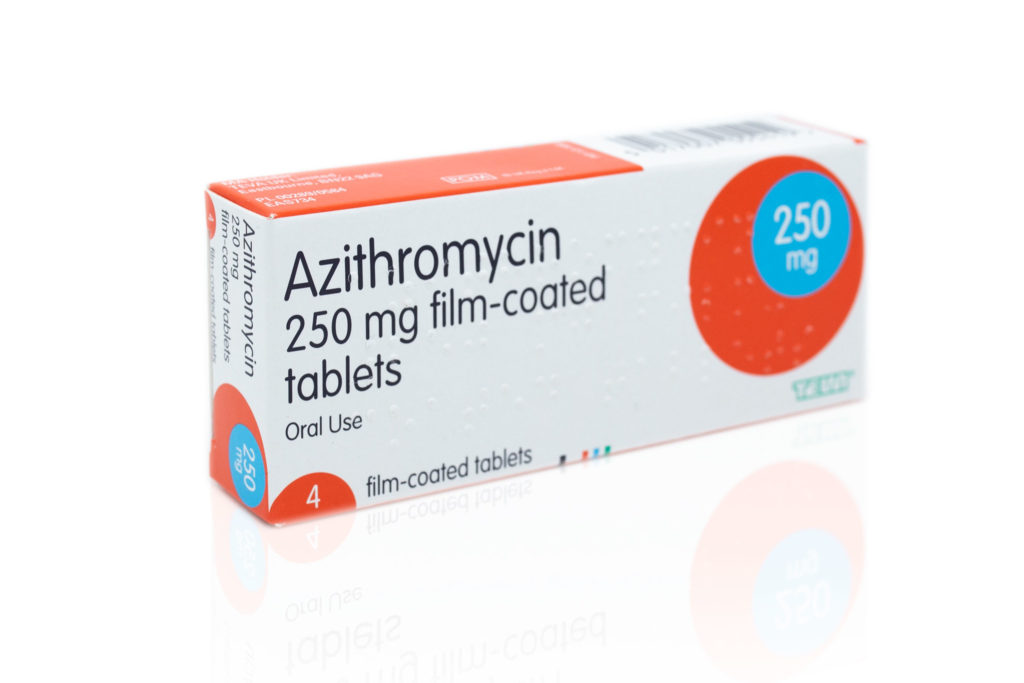Over 300 researchers from the Observational Health Data Sciences and Informatics (OHDSI) international community studied data from almost 1 million patients who have previously taken hydroxychloroquine. They declared hydroxychloroquine safe for short-term use, but urge caution in using it in combination with azithromycin.

Led by Prof Dani Prieto-Alhambra, Professor of Pharmaco- and Device Epidemiology at the Centre for Statistics in Medicine (Nuffield Department of Orthopaedics, Rheumatology and Musculoskeletal Sciences), a team of researchers from around the world set out to analyse the safety profile of hydroxychloroquine. In what is the largest analysis to date on the safety of the drug, the team used data from fourteen datasets to analyse the medical history of over 950,000 patients. Patient data came from six countries: Germany, Japan, the Netherlands, Spain, the UK, and the USA.
“Our aim was to look at what side effects people who have taken hydroxychloroquine have had in the past, as given its mechanism of effect it could potentially cause adverse outcomes including arrhythmia, cardiovascular disease, venous thromboembolism, liver or kidney failure,” said Prof Prieto-Alhambra. “As it’s now being widely used globally to treat the coronavirus, we were concerned to know that the use of the drug would not cause a second set of complicated side effects for patients.”
The team did not find any consistent signals that made them think that the drug is not safe in the short term. “When administered at the doses used for current indications like rheumatoid arthritis, we have not detected any worrying side effects. We therefore think that it’s quite a safe medication in general for short-term use,” said Prof Prieto-Alhambra. “However, when prescribed in combination with azithromycin, it may induce heart failure and cardiovascular mortality and we would urge caution in using the two together.” A pre-print of these findings is now available from MedRXiv.
“We lack data on the safety of hydroxychloroquine when used at higher doses, and it is too early to be able to understand its clinical effectiveness to treat COVID-19. Randomised controlled trials are underway that will define the anti-viral efficacy of this treatment, including research at Oxford using hydroxychloroquine on 3,000 high-risk patients to see if it can alleviate the worst of the symptoms. We’ll conduct a new study amongst COVID-19 patients when data starts accumulating.”
The research, which was supported by the NIHR Oxford Biomedical Research Centre, was part of a four-day virtual study-a-thon that brought over 300 researchers from the OHDSI international community together to provide real-world evidence and inform healthcare decision-making in response to the current global pandemic.